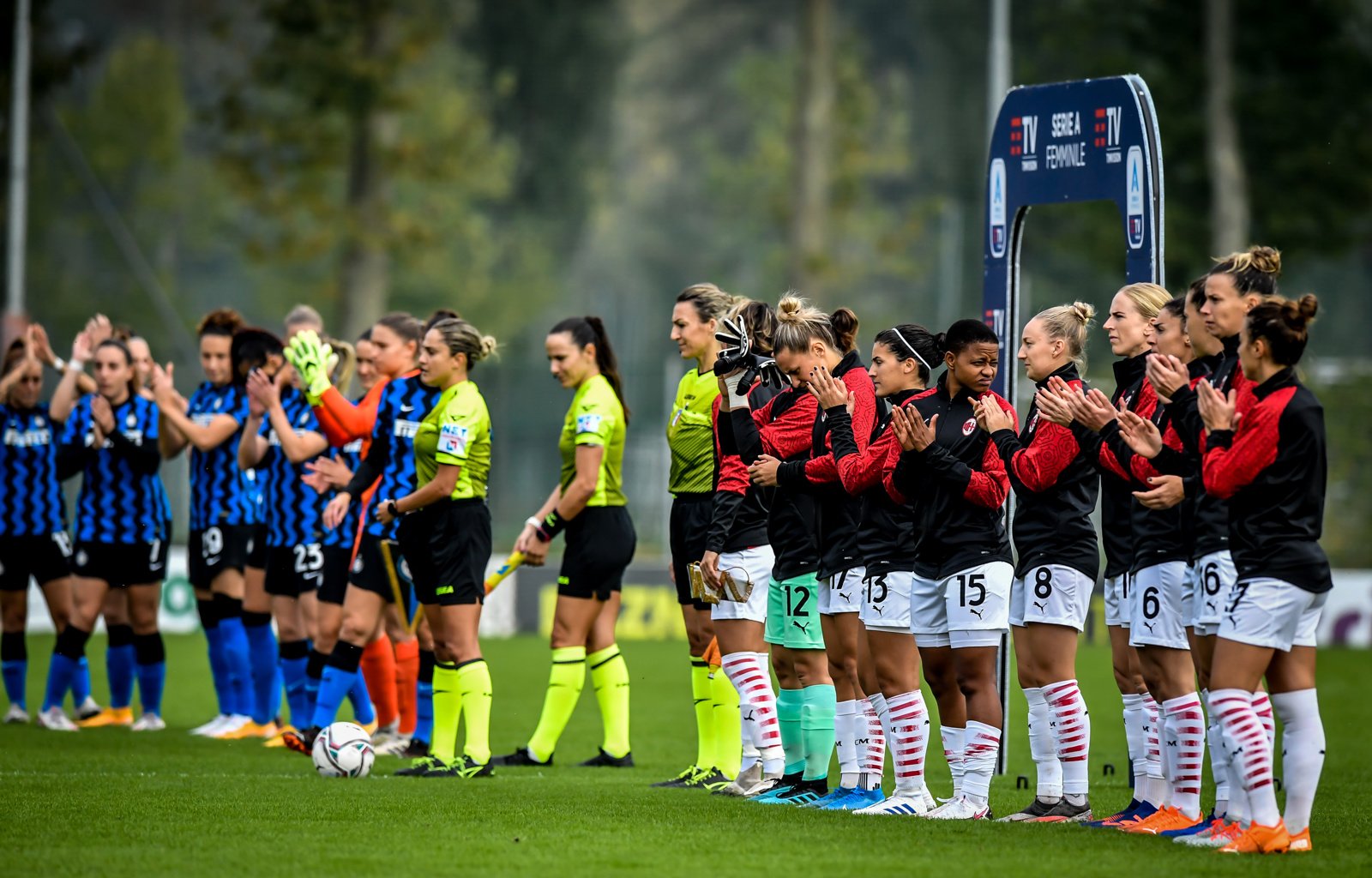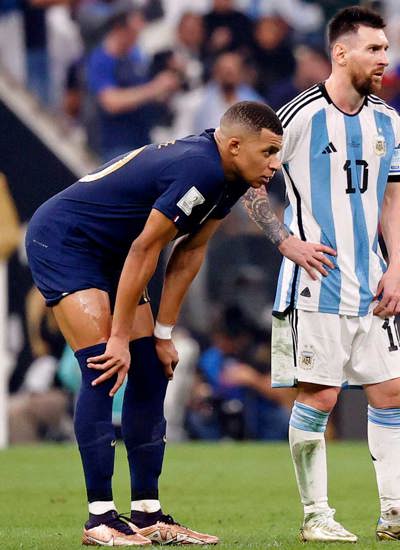
The survey, which aims to capture the unfolding impacts of the pandemic on the women’s game, shows wage cuts, job losses and poor communication are affecting women footballers in dozens of countries, with recent gains towards gender equality in the sport potentially at risk.
This survey’s findings show that in 47 percent of the countries surveyed women footballers had wages cut or suspended. In 40 percent of countries, players received no mental or physical health support. In 69 percent of countries, communication with players was regarded as poor or very poor.
“Both players and the game itself need strategic support to get them through these tough times”
— by Amanda Vandervort, FIFPRO Chief Women’s Football Officer

At the same time, there were several actions and signs of hope—as our supporting case studies show, clubs, leagues and governments are making special and innovative efforts to support women’s football during this time of crisis.

FIFPRO has consistently advocated for women’s football to be included in industry-wide recovery plans. In April, we published Covid-19: Implications for Professional Women’s Football with a view to seeking emergency measures to support the women’s game.
“We need more concerted action or there is a real danger that progress towards gender equality in parts of world football will be set back years”
— by Jonas Baer-Hoffman, FIFPRO General Secretary

We urge all clubs, leagues and federations to work with player associations to address key issues highlighted in the survey and build a comprehensive approach which mitigates the impact of the crisis and establishes a solid foundation for women’s football.
Below are some of the key findings of the survey:

Wages and benefits: The pandemic has triggered widespread salary cuts and contract terminations in women’s football.
- In 47 percent of countries player salaries were reduced or suspended
- In 27 percent of countries non-financial support* was reduced or eliminated
- In 24 percent of countries players had contracts ended, or altered
(*includes meals, housing, health insurance and gym membership.)
Communication: Clubs, leagues and federations are not communicating enough with women players about their working lives, personal health and wellbeing.
- In 69 percent of countries communication by leagues and clubs was poor or very poor.
- In 52 percent of countries national federations did not reach out to female national team players
- In 26 percent of countries women’s clubs were not included in “return to play” protocols

Health Support: There are widespread deficiencies in the level of physical and mental health support for women players during the pandemic.
- In 40 percent of countries players received no health support at all
- In 66 percent of countries players did not receive physical support (e.g. injury treatment)
- In 84 percent of countries players did not receive mental health support
Positive Steps: Some football stakeholders are working hard during the pandemic to continue supporting women’s football
- In Italy, the national football federation said in June it began working with the government to give the women’s league professional status
- In Argentina, the national federation announced a five-year plan in September to extend the professionalisation of the women’s league
- In the Netherlands, players successfully lobbied the government for the women’s league to return to play along with the men’s league
- In the United States, the NWSL players association and the league negotiated contract guarantees for players covering salary, housing and benefits

Jonas Baer-Hoffmann, FIFPRO General Secretary, said: “The results of this survey underline the extent to which women footballers are routinely overlooked in many parts of the world. Yet there are also positive steps by some stakeholders to invest in and support women’s football during the pandemic. We need more concerted action or there is a real danger that progress towards gender equality in parts of world football will be set back years.”
Amanda Vandervort, FIFPRO Chief Women’s Football Officer, said: “Like most industries, women’s football is being severely affected by the impact of the covid-19 pandemic, and the findings of this survey highlight what we have said from the outset, that both players and the game itself need strategic support to get them through these tough times. To that end, we also identified great cases of innovation and advancement in which new solutions are showcasing the unique potential of women’s football to thrive today and in the future.”


